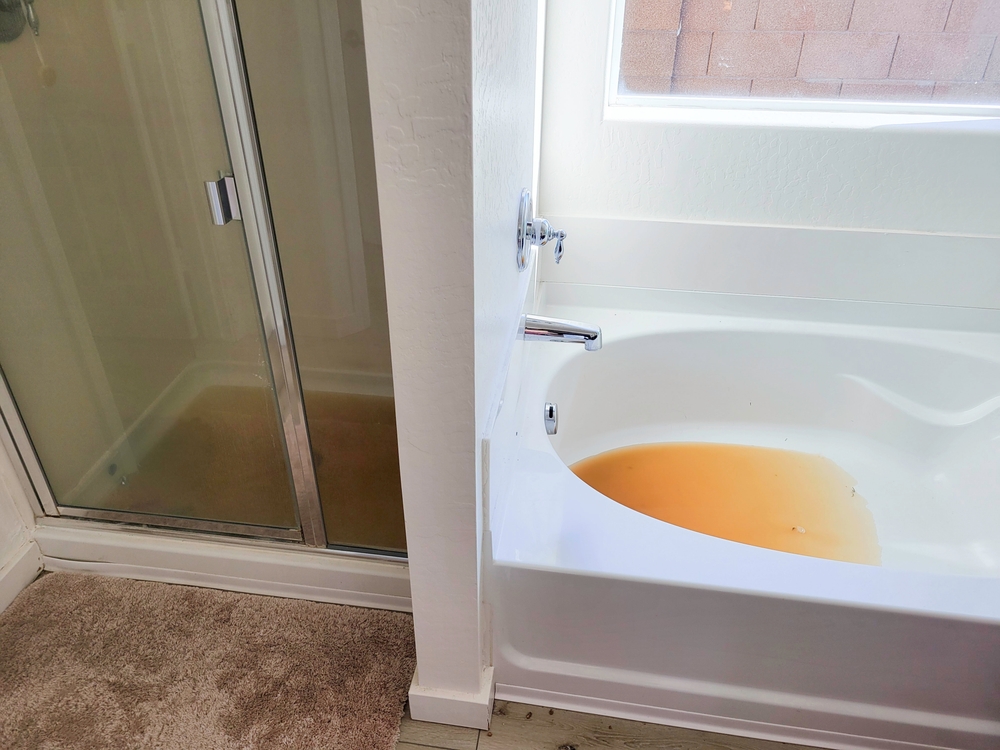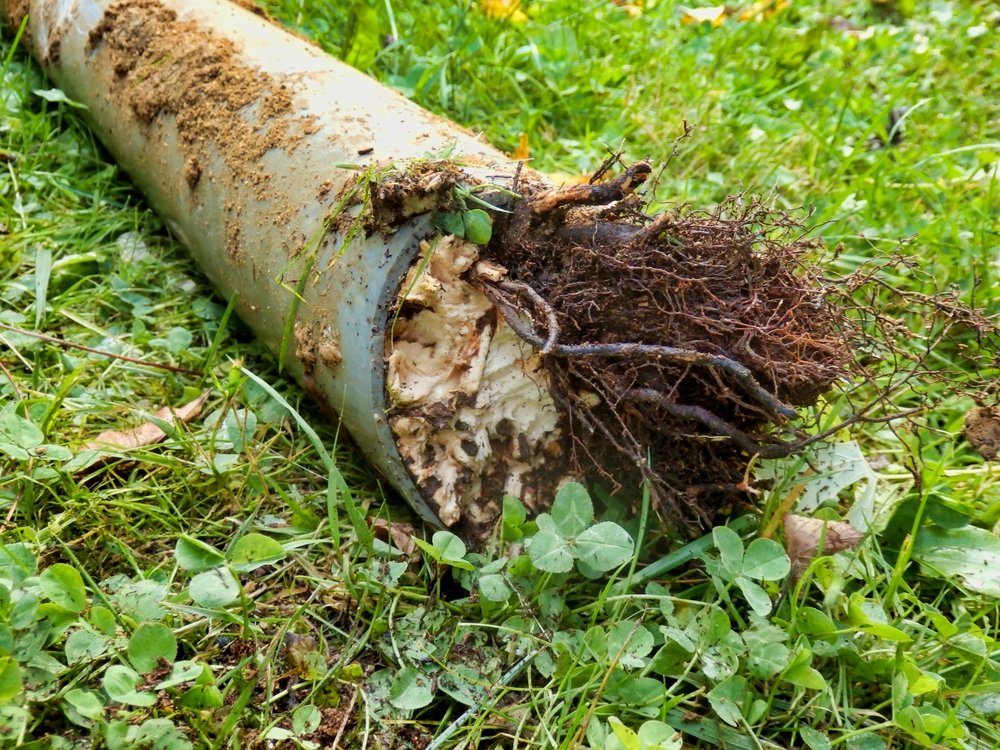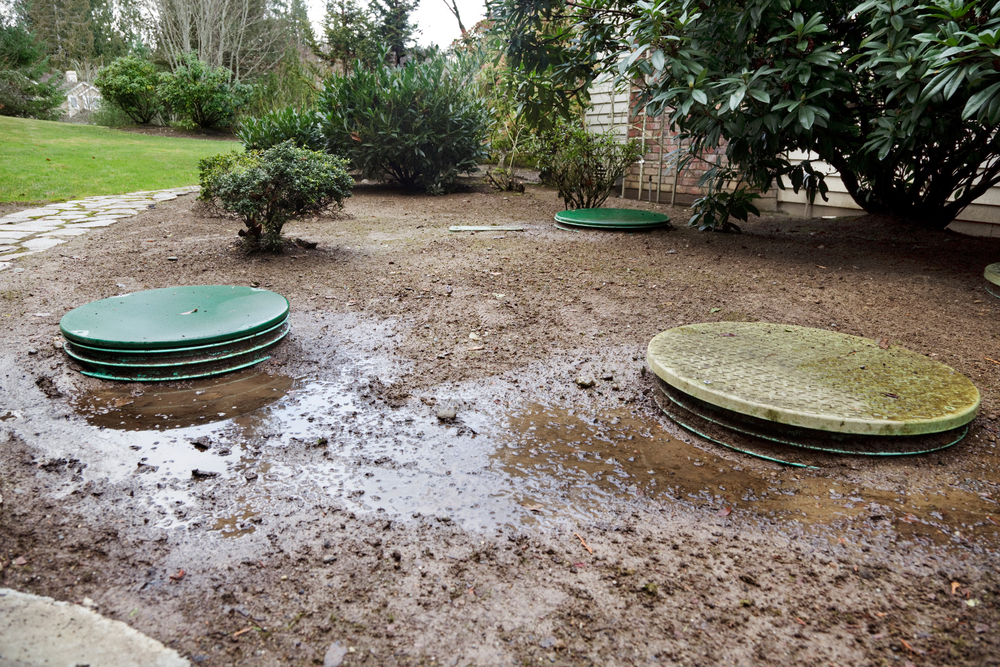A septic backup is one of the most urgent problems a homeowner can face. When wastewater rises back into sinks, toilets, or bathtubs, it creates not only a disgusting mess but also a serious health hazard. For property owners in Easley, SC, where many homes rely on septic systems instead of municipal sewer service, knowing exactly what to do when a septic backup occurs can save thousands in repairs and protect your family’s well-being. This guide explains the immediate steps you should take, the causes of septic emergencies, and how to prevent future backups.
Why Septic Backups Happen
Septic systems are designed to collect, treat, and dispose of household wastewater. When something disrupts this process, wastewater has nowhere to go and begins flowing back into the home.
Common Causes of Septic Backups
- Full septic tank overdue for pumping.
- Clogged or damaged pipes between the house and the tank.
- Drain field failure due to soil saturation or compaction.
- Tree root intrusion breaking or blocking lines.
- Excessive water usage overwhelming the system.
In Easley, clay-heavy soils and seasonal rain can make drain fields more prone to flooding, which increases the risk of backups.
Immediate Steps to Take During an Emergency Septic Backup
When wastewater backs up, you must act quickly to minimize damage.
1. Stop Using All Water Immediately
Turn off faucets, showers, dishwashers, and washing machines. Every gallon of water you add will worsen the backup.
2. Keep People Away from Contaminated Areas
Wastewater contains harmful bacteria and viruses. Keep children and pets away from affected spaces.
3. Shut Off Electricity in Affected Rooms
If the backup reaches outlets or appliances, cut power to those areas at the breaker panel to reduce electrocution risks.
4. Avoid DIY Chemical Cleaners
Harsh chemicals can damage septic bacteria, worsen the problem, and create unsafe fumes.
5. Call a Licensed Septic Professional in Easley, SC
Only trained contractors can safely diagnose and resolve the cause of the backup. Attempting repairs without expertise often leads to costlier problems.
Health Risks of Ignoring a Septic Backup
Wastewater from septic systems is classified as blackwater, which carries dangerous contaminants. Exposure can lead to:
- Gastrointestinal illnesses from E. coli, Salmonella, or viruses.
- Skin irritation and infections.
- Respiratory problems from mold growth after water damage.
Because septic backups pose serious health risks, never delay professional assistance.
How Professionals Fix Emergency Septic Backups
When a septic contractor arrives, they will:
- Inspect the system to identify whether the problem is a clog, tank overflow, or drain field failure.
- Pump the tank if it is full and contributing to the backup.
- Repair or replace broken pipes leading to or from the tank.
- Evaluate the drain field for flooding or saturation issues.
- Provide recommendations for long-term solutions, such as more frequent pumping or improved drainage.
Local Easley contractors understand soil conditions, rainfall patterns, and South Carolina DHEC guidelines, making them best equipped to resolve emergencies.
How to Prevent Future Septic Backups
Prevention is the best way to avoid costly emergencies.
Routine Maintenance
- Pump your septic tank every 3 to 5 years, or more often for larger households.
- Schedule annual inspections with a licensed provider.
- Install effluent filters to trap solids before they reach the drain field.
Smart Water Use
- Spread out laundry loads instead of running multiple back-to-back.
- Fix leaking faucets and toilets promptly.
- Install water-efficient fixtures to reduce strain on the system.
Protect the Drain Field
- Never park vehicles or place heavy objects on top.
- Avoid planting trees with invasive roots nearby.
- Direct gutters and stormwater runoff away from the septic area.
By following these practices, Easley homeowners can dramatically reduce the risk of emergency backups.
When to Call for Emergency Service
Not every slow drain means you need an emergency call, but certain warning signs demand immediate action:
- Sewage surfacing in tubs, showers, or sinks.
- Strong sewage odors indoors or in the yard.
- Standing water or soggy soil around the drain field.
- Multiple drains clogging simultaneously.
If these symptoms appear, do not delay. A licensed septic professional should be contacted right away to prevent further contamination and property damage.
Protect Your Easley Home from Septic Emergencies
A septic backup in Easley, SC can escalate from a nuisance to a full-blown disaster in hours. By knowing the warning signs, taking immediate steps to reduce damage, and contacting a licensed septic professional, you can protect your home and family.
For fast, reliable assistance, connect with trusted experts through Easley SC Septic. Our directory helps you find local professionals experienced in handling emergency septic backups, pumping, and long-term system care.
#septicbackup #easleysc #septicemergency #septictankpumping #upstatesc




